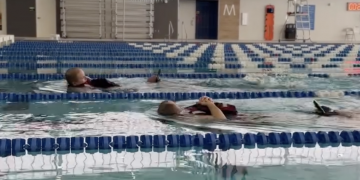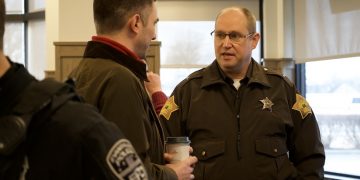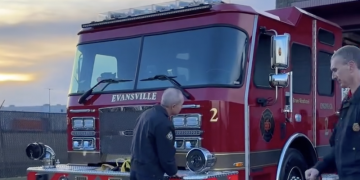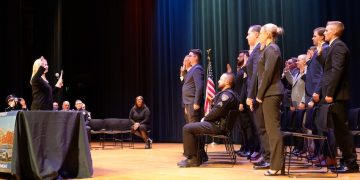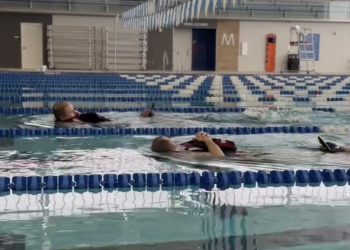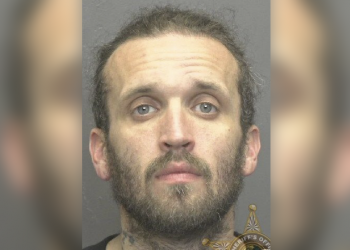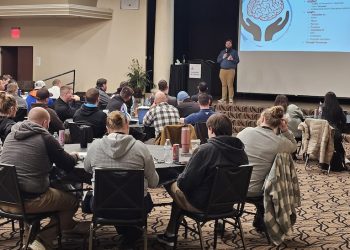Indianapolis, Indiana — The holiest month of the year for Muslims, the start of Ramadan was marked on Friday.
Ramadan is one of the Five Pillars of Islam, which are the five acts of worship all Muslims are expected to perform. They include charity to the poor, fasting on the month of Ramadan, Muslim creed, prayer, and the pilgrimage to Mecca.
For 30 days Ramadan requires fasting from sunrise to sunset.
According to Fatima Khan with the Muslim Alliance of Indiana During Ramadan, Muslims can’t even chew gum.
“The celebration is, you’re just trying to better understand and appreciate what you don’t have,” Khan said. “It’s to bring yourself closer to prayer to bring yourself closer to God and just appreciate what you have. It’s a month-long time to get together to pray, to really tighten the bonds with not only the community but your bond with God.”
According to Khan, although Muslims don’t eat or drink during daylight hours, there is a time for festivals and eating together.
“When we break our fast at sunset, a lot of times — especially this year, now that COVID is slightly getting better — we break our fast together with the community, with our families. It’s called iftar,” Khan said. “Everybody brings sweets, different foods. You break it with water and dates.”
But not everyone who is Muslim has to fast. There are some exceptions. According to Khan, people with diabetes, those who take medicine throughout the day, and the elderly are some exceptions.
“It’s not like a hard-set rule like you have to fast if you’re not feeling well,” Khan said. “If you’re not sick, if you’re unable to, it’s okay.”
According to Khan, those who aren’t Muslim can still join in on the celebration.
“A lot of college campuses have what they call ‘Fast-a-Thons’ through their local Muslim Student Associations,” Khan said. “All of the MSAs around Indianapolis, in the different universities, do a really good job of explaining what Ramadan is, trying to get the campuses involved. They have designated days where you can fast with them.”















